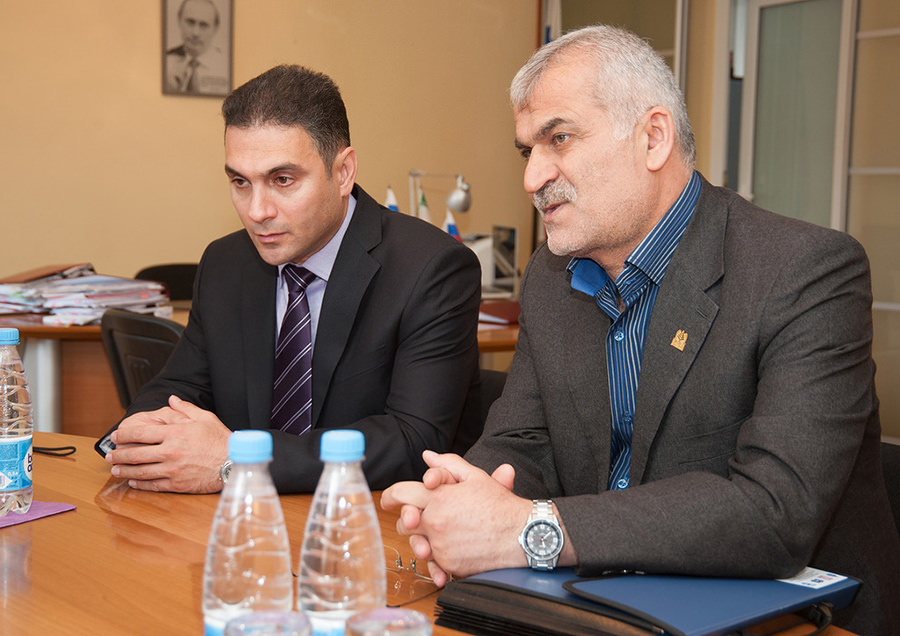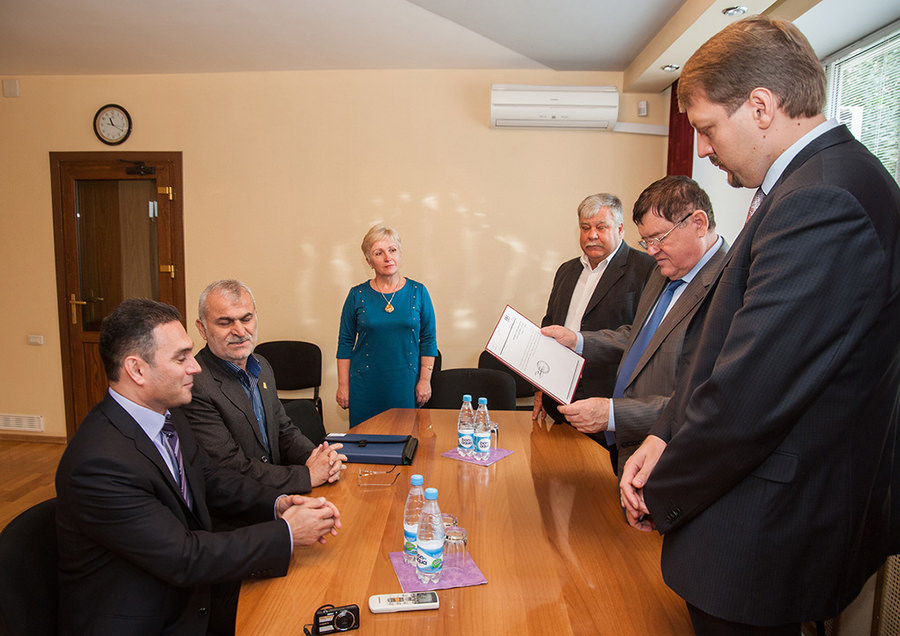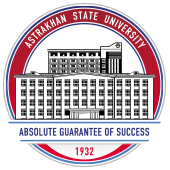ASU Negotiates on Innovative Technologies of Rice Cultivation
 19.09.2014
19.09.2014.jpg)
Scholars of Astrakhan State University, together with their Iranian counterparts from the town of Sari, are going to research new sorts of rice and its cultivation technologies. An agreement concerning the joint researches has been signed at ASU today.
 Prof. Alexander Lunyov (Rector of ASU) and Prof. Mohammad Ali Bahmanyar, Rector of the Sari University of Agricultural Sciences and Natural Resources, have signed a cooperation memorandum. The two parties are planning to develop their interaction in the field of agriculture, biotechnologies, and rational application of natural resources. First of all, it implies more intense joint educational activities and launches of innovative projects.
Prof. Alexander Lunyov (Rector of ASU) and Prof. Mohammad Ali Bahmanyar, Rector of the Sari University of Agricultural Sciences and Natural Resources, have signed a cooperation memorandum. The two parties are planning to develop their interaction in the field of agriculture, biotechnologies, and rational application of natural resources. First of all, it implies more intense joint educational activities and launches of innovative projects.Signing an agreement concerning researches and cultivation of ten sorts of Iranian rice in Astrakhan Region has become the second point on the agenda. This project implies large-scale work to research the crop capacity of Iran’s rice and its acclimatization in Astrakhan Region. One should remark that the ten sorts of rice will be cultivated together with five other sorts that are traditional for Astrakhan Region, and all the 15 sorts shall be cultivated in accordance with entirely new know-hows that are completely different in comparison with classical technologies.
 |
 |
According to Prof. Vladimir Pilipenko, Director of ASU’s Innovative Institute of Natural Sciences, the two universities have done large work to reach such agreements; it took several rounds of negotiations to sign them. The project of rice cultivation in Astrakhan Region is also of strategic character for our colleagues from Iran.
Russian original information source: Yuri Garanov (the Press Service of ASU)
Russian original photo source: Ivan Vorontsov (the TV Media Center of ASU)
Translated by E.I. Glinchevskiy (the Center of Translation Studies & Conference Interpreting “ASTLINK” of ASU)


